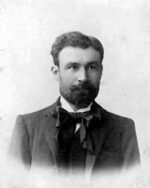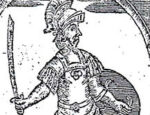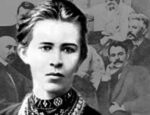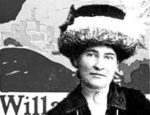Description
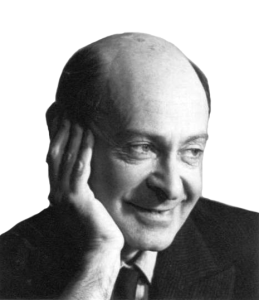 Read Salt of the Earth by ‘the Polish Homer’ Józef Wittlin (Sól ziemi, 1936; English translation, 1941), one of the earliest novels inspired by the Odyssey in which the hero is from the lowest social class. Wittlin was himself middle-class, but after his classical education at the Lvov gymnasium, his university training in Vienna was interrupted by World War I. While serving in the Austro-Hungarian army as an ambulance driver, he saw the suffering of the lower class soldiers and became fervently anti-war.
Read Salt of the Earth by ‘the Polish Homer’ Józef Wittlin (Sól ziemi, 1936; English translation, 1941), one of the earliest novels inspired by the Odyssey in which the hero is from the lowest social class. Wittlin was himself middle-class, but after his classical education at the Lvov gymnasium, his university training in Vienna was interrupted by World War I. While serving in the Austro-Hungarian army as an ambulance driver, he saw the suffering of the lower class soldiers and became fervently anti-war.
After the war he worked in Poland as a writer and theatre director. He translated The Epic of Gilgamesh and then The Odyssey into Polish (1922 and 1924). He was convinced that the Homeric epic, for which he used the hexameter and the idioms of old Polish folk ballads, was the universal novel of mankind, the story of ‘Everyone’. In the preface, he wrote, ‘sitting in a smoky café, small offices, ateliers or workshops, you are missing your Ithaca like Odysseus about whom I will sing a song today…’.
The same conviction permeates his great novel The Salt of the Earth, set in an isolated village in the Carpathian mountains. The hero of this modern Odyssey is an updated equivalent of the swineherd Eumaeus, an illiterate, near idiotic provincial soldier drafted into the Austro-Hungarian army, named Piotr Niewiadomsk (‘Peter the Unknown’). But Piotr’s simple moral instincts, expressed in clear, colloquial language, offer an alternative to the mad nihilism of the war: he is the ‘salt of the earth’ in the early Christian sense, commenting with rustic wisdom on the absurdity of ‘things like wars, killing, service to emperors and kings.’ Piotr’s Odyssean voyage is through the trauma of the early twentieth century; his only defence against monsters and lethal seductions is his human decency.
Wittlin ended up living in New York, in exile from his homeland, and in1963 published a collection of autobiographical and literary essays also using classical mythology as frame and filter, Orpheus in the Hell of the Twentieth Century. But it is for his simple working-class Odyseus, Piotr the Unknown, that he will always be remembered: the novel was translated into several languages, won numerous prizes and was nominated for a Nobel Prize in 1939.


